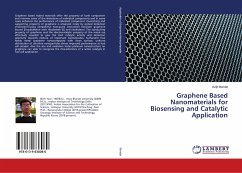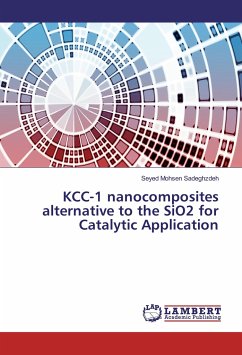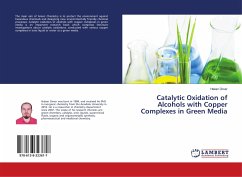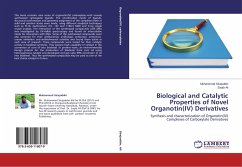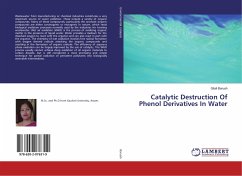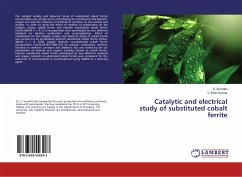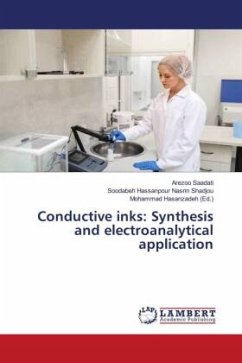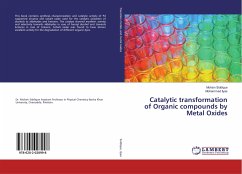Graphene based hybrid materials offer the property of both component and removes some of the limitations of individual components and in some cases enhances the performance of individual component. Quenching and supporting property of graphene is observed nicely by optical detection cholesterol using competitive host-guest interaction between graphene bound beta-cyclodextrin with rhodamine 6G and cholesterol. The conducting property of graphene and the electrocatalytic property of the metal are effectively coupled to give the best catalytic activity and detection selectivity towards mixture of important biomolecules. Surfactant free Noble metal graphene nanocomposite with clean surface, uniform distribution of ultrafine nanoparticles shows improved performance as fuel cell catalyst. Also the size and oxidation states platinum nanostructure on graphene can able to recognize the characteristics of a active catalysts in fuel cell application.
Bitte wählen Sie Ihr Anliegen aus.
Rechnungen
Retourenschein anfordern
Bestellstatus
Storno

